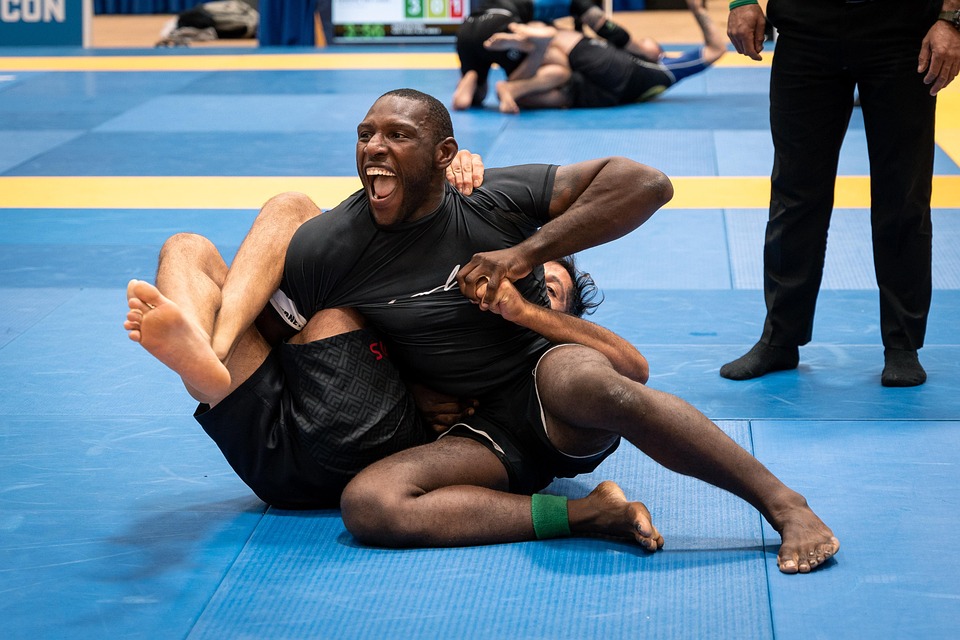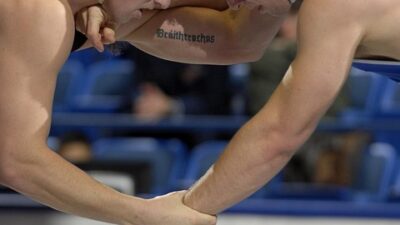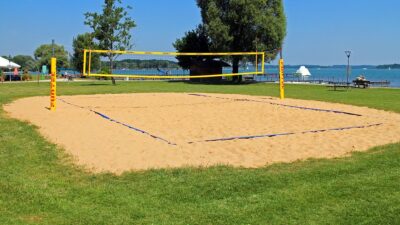In the electrifying world of Mixed Martial Arts (MMA), it’s easy to focus on the glamorous fighters, the bright lights, and the roaring crowds. Fans chant names and rally behind their favorite fighters, but it’s crucial to turn the spotlight on the unsung heroes of the sport: the coaches. These dedicated individuals are the backbone of every successful MMA athlete, guiding their training, refining their techniques, and often shaping their lives outside the octagon.
The Unseen Architects of Success
Coaches are more than just trainers; they are architects of their fighters’ successes and failures. They meticulously study opponents, analyzing fights in a way that allows them to devise tailored strategies. A coach’s insights can mean the difference between victory and defeat, as they’re responsible for preparing fighters not just physically but mentally for the rigors of competition.
A Multifaceted Role
The role of a coach in MMA is incredibly diverse. They are mentors, motivators, psychologists, and disciplinarians all rolled into one. From conditioning athletes and improving their technical skills to instilling discipline and building confidence, coaches form deep, personal bonds with their fighters. This bond is critical, as trust and communication can profoundly impact an athlete’s performance.
Technical Training
One of a coach’s primary responsibilities is to develop a fighter’s skill set. Each fighter comes with unique strengths and weaknesses, and a good coach recognizes this. They work on grappling, striking, wrestling, and jiu-jitsu techniques, evolving each fighter’s style based on their individual capabilities and the demands of their upcoming opponents.
Mental Preparation
The mental aspect of MMA is as significant as the physical. Coaches engage in psychological preparation, helping fighters manage anxiety, build self-confidence, and cultivate the mental toughness necessary to compete at high levels. They teach how to focus under pressure and translate training into performance, ensuring that athletes can execute their strategies effectively during bouts.
Personal Development
Many coaches act as life mentors, guiding their fighters through life’s challenges beyond the cage. They become figures of support in times of personal crises, urging their athletes to develop values such as discipline, respect, and resilience. This personal investment often leads to lifelong relationships, as coaches celebrate triumphs and help navigate through hardships.
Sacrifices Made
Behind every champion, there lies countless hours of training, late nights, and personal sacrifices made by coaches. Many coaches work for a fraction of the financial rewards that fighters receive, often struggling to make ends meet while dedicating their lives to the sport. Their passion drives them, as they believe in their fighter’s potential and invest countless hours into crafting their skills.
The Quiet Achievers
While fighters bask in the spotlight post-victory, coaches typically fade into the background, receiving little recognition. Despite the lack of recognition, their impact is profound. The success of a fighter is often a reflection of the effort and commitment a coach has put in. Awards and accolades may come for the fighters, but it’s essential to acknowledge the hours of labor, sleepless nights, and emotional labor that coaches contribute.
Case Studies in Excellence
Consider the legendary coach John Kavanagh, who trained Conor McGregor from his early days in the sport. Kavanagh’s philosophical approach to fighting, coupled with his technical acumen, helped shape McGregor into one of the most polarizing figures in MMA history. Similarly, coaches like Greg Jackson and Mike Winklejohn have had monumental impacts on the careers of fighters like Jon Jones and Holly Holm, showcasing the importance of a strategic and supportive coaching philosophy.
The Future of Coaching in MMA
As the sport of MMA continues to evolve, so too does the role of coaching. New methodologies, including sports science and advanced analytics, are continuously being integrated into training regimens. Coaches must stay adaptable and embrace lifelong learning to provide the best support for their fighters. The emergence of female fighters and coaches in the sport also marks a positive shift towards inclusivity and innovation in coaching styles.
Conclusion
In conclusion, while fighters take center stage in the arena, it is the coaches standing behind the gloves who deserve our praise and recognition. They are the unsung heroes of MMA, shaping not just the fighters, but the future of the sport itself. Acknowledging their contributions not only honors their commitment but also highlights the collaborative spirit of MMA, where countless individuals work together to create champions and legends. So next time you watch a fight, remember the faces behind the gloves, and recognize the vital role played by those in the corner.



